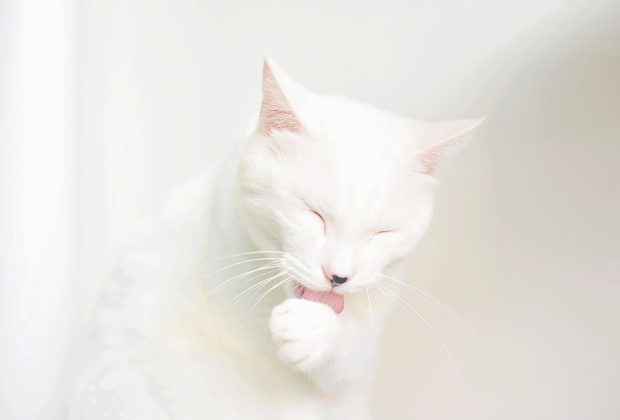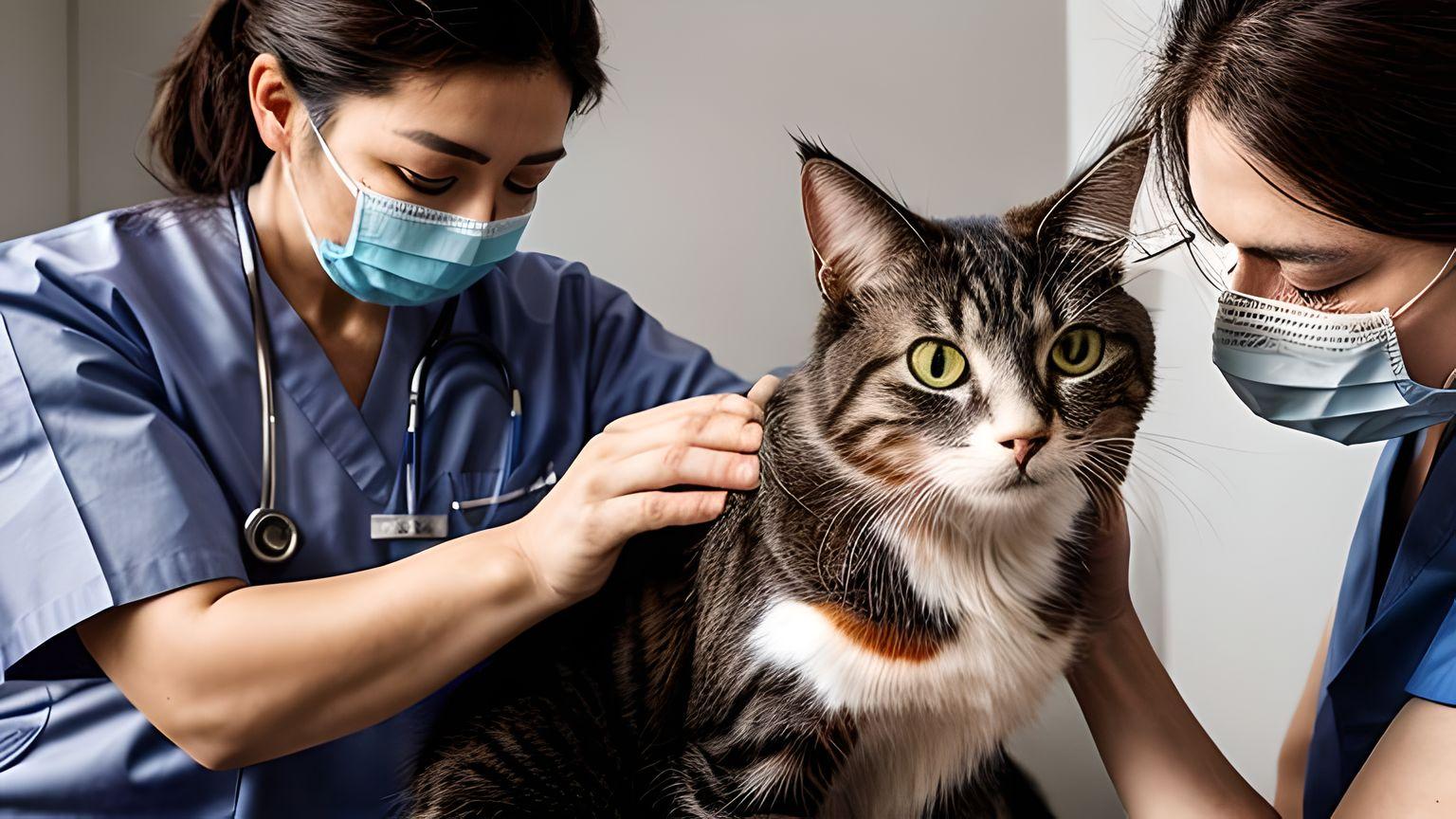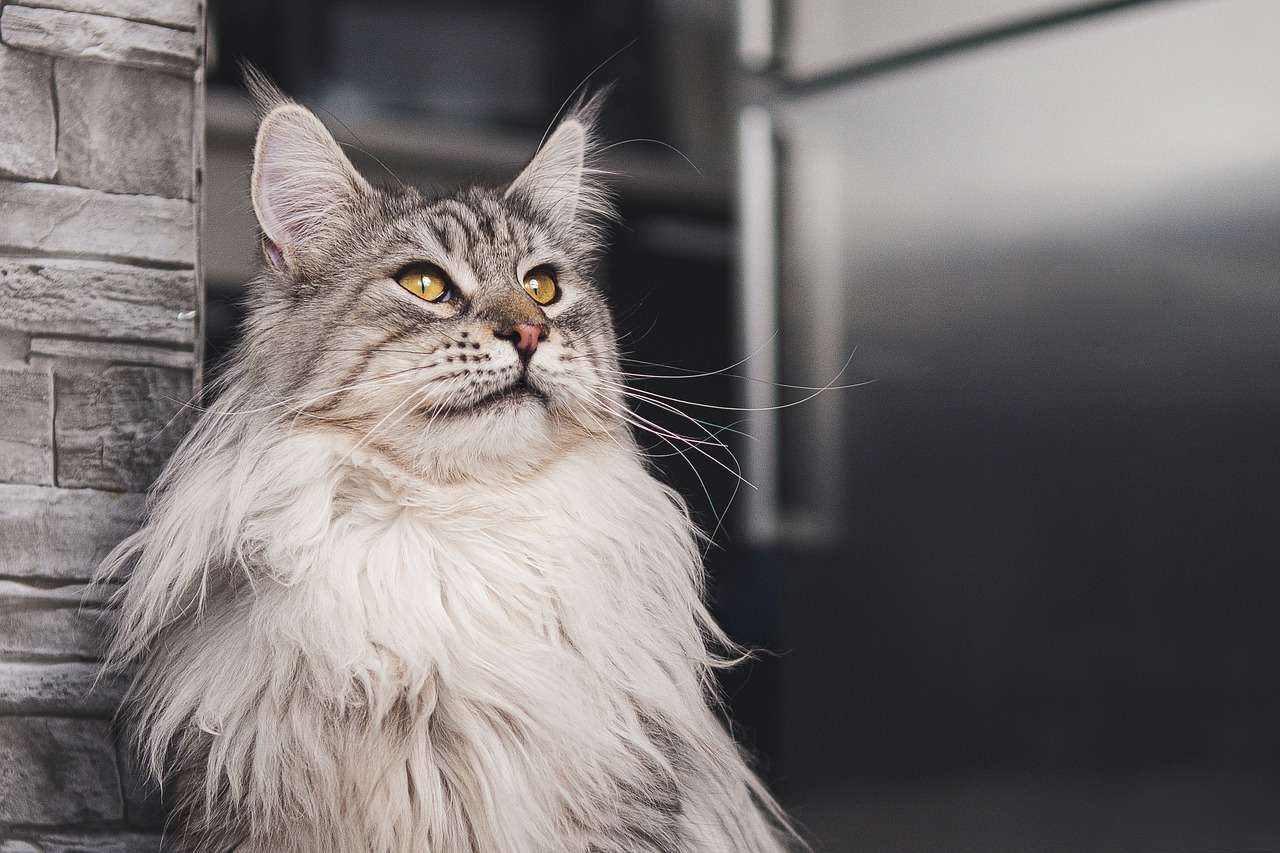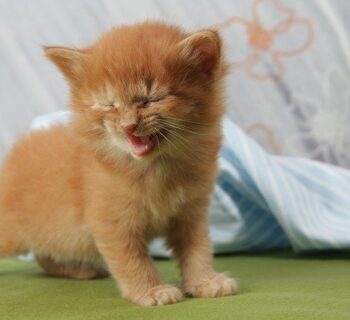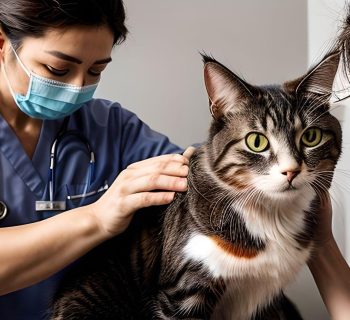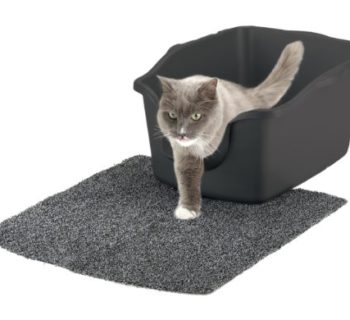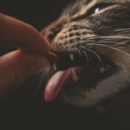Why do cats have such a peculiar fascination with earwax? It's a question that has puzzled pet owners for years.
From their seemingly inexplicable attraction to the sticky substance to the bizarre act of actually eating it, feline behavior never fails to bewilder us.
In this article, we will delve into the intriguing world of feline grooming rituals and uncover the mysterious allure of earwax for our beloved furry friends.
But beware, as we unravel this enigma, we must also remember the importance of keeping our curious companions safe from potential dangers lurking in the trash.
Table of Contents
What Makes Earwax Appealing to Cats?
Cats are known for their curious nature and their propensity to investigate and be intrigued by various objects around them. One of these fascinating objects seems to be earwax. It is not uncommon to find cats sniffing, licking, and even consuming earwax when they come across it. While this behavior may seem strange to us humans, there are several reasons why cats are drawn to earwax.
Cats are naturally attracted to earwax due to its scent, which contains animal proteins. They may ingest their own earwax when grooming and even clean each other's ears as part of their routine. This behavior is driven by their survival instincts as obligate carnivores, seeking animal protein sources.
While it's generally safe for cats to consume earwax, precautions are necessary to prevent them from accessing cotton or paper remnants from used Q-tips, which could cause digestive issues. In summary, cats' fascination with earwax is a natural behavior, but it's important to ensure their safety by securing trash bins and offering engaging alternatives. Let's look a bit further into the reasons.
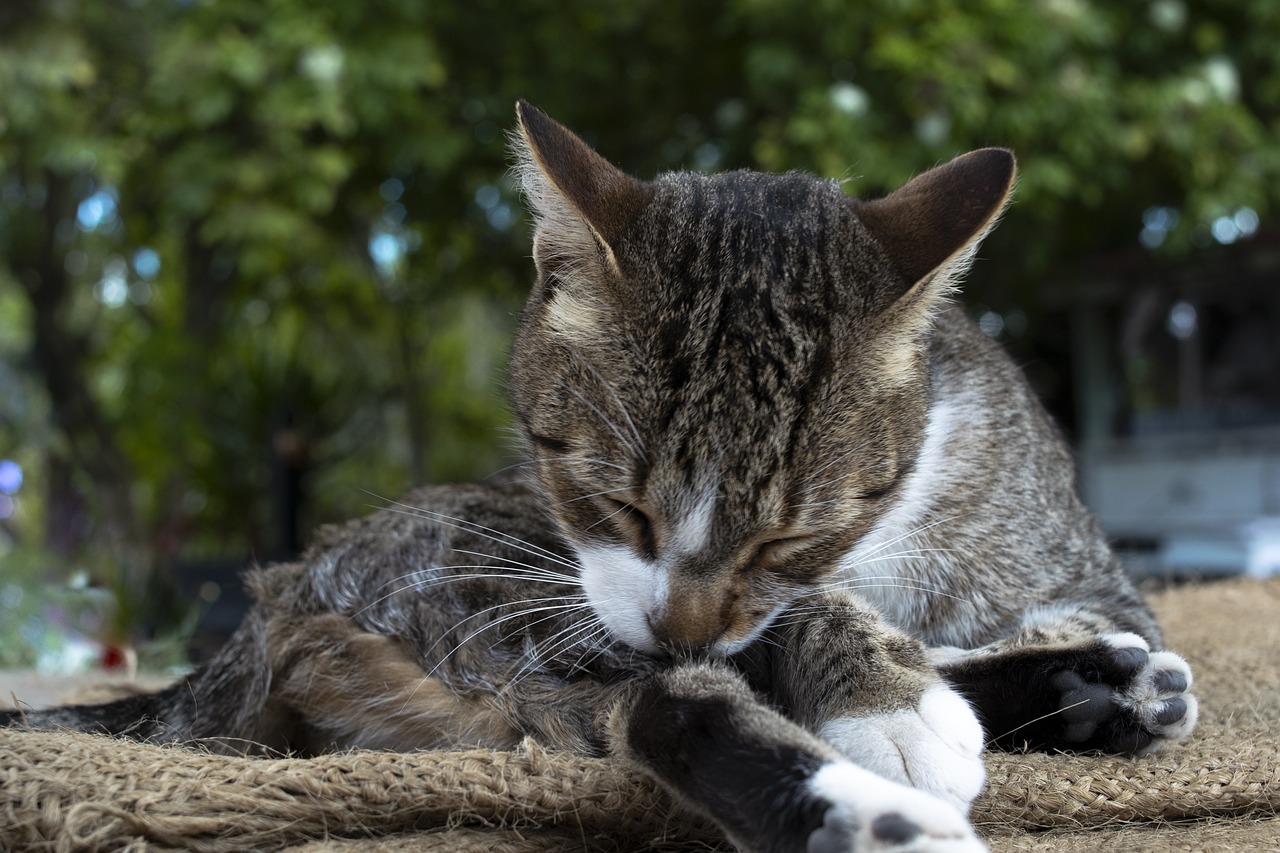
The Allure of Earwax Smells for Cats
One of the primary reasons why cats find earwax enticing is the smell. Earwax contains animal proteins that emit odors that appeal to cats. Furthermore, the organic substances found in earwax, such as dead skin cells, fatty acids, and cholesterol, can simulate the smell of prey and serve as a trigger for cats' survival instincts. As obligate carnivores, cats rely on animal protein for their nutritional needs, so the scent of earwax may be particularly appealing to them.
- The smell of earwax contains animal proteins that cats find enticing.
- Organic substances in earwax, including dead skin cells, fatty acids, and cholesterol, simulate the scent of prey.
- Cats' survival instincts are triggered by the smell of earwax.
- Earwax scent appeals to cats because they are obligate carnivores.
Cats find earwax enticing due to its smell, which contains animal proteins that appeal to them. The organic substances, such as dead skin cells, fatty acids, and cholesterol, found in earwax can resemble the scent of prey, triggering cats' survival instincts. This makes earwax scent particularly appealing to cats.
Cats’ Self-Grooming Habits and Earwax Consumption
Cats are known for their meticulous grooming habits. They groom themselves by licking their fur, which includes cleaning their face and ears with their front paws. This grooming routine helps cats maintain their cleanliness and hygiene. While doing so, cats inadvertently ingest their own earwax. This ingestion is considered safe and is a natural part of their grooming routine. The act of self-grooming also allows cats to consume essential nutrients found in their own earwax.
Social Grooming and Earwax Consumption in Cats
Cats are social animals, and they display their bond and affection through grooming behaviors. It is not uncommon to see cats grooming each other, including their ears. When one cat cleans another cat's ears, they may remove earwax during the process. In some cases, cats even engage in mutual ear cleaning, leading to the consumption of each other's earwax.
This social grooming behavior serves to:
- Strengthen social bonds
- Create a communal scent
- Maintain overall cleanliness within their group.
Fun fact: Cats have a unique way of expressing their social connections through grooming, including the cleaning of each other's ears.
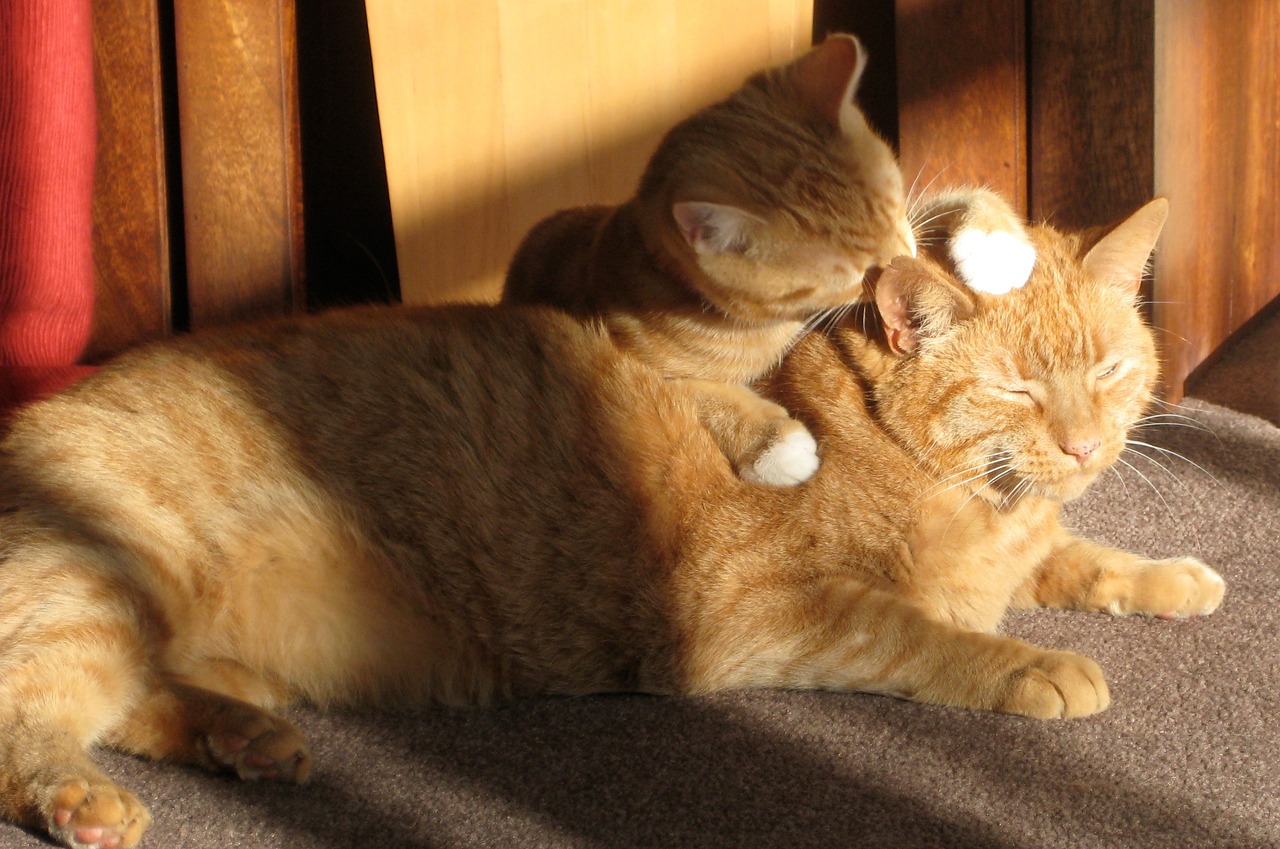
The Safety of Earwax Consumption for Cats
Consuming a small amount of earwax is generally considered safe for cats. In fact, it is part of their natural grooming routine, and the nutrients present in earwax can provide some benefits to their overall health. However, it is important to note that cats should not be encouraged to consume used Q-tips from the garbage. There is a risk of ingestion of cotton or paper parts from the Q-tips, which can potentially cause digestive issues or blockages. Therefore, it is crucial to keep used Q-tips properly disposed of in a secure trash bin to prevent any harm to our feline friends.
- Consuming a small amount of earwax is safe for cats.
- Nutrients in earwax can benefit their overall health.
- Cats should not eat used Q-tips from the garbage.
- Ingesting cotton or paper parts from the Q-tips can cause digestive issues or blockages.
- Dispose of used Q-tips in a secure trash bin.
Avoiding Digestive Issues: Cats And Garbage Q-Tips
It is essential for cat owners to take precautions to prevent their furry companions from accessing the trash in search of earwax or other tempting objects. Trash bins should have a locked cover or be enclosed within a cabinet to prevent cats from rummaging through them. This is important because aside from used Q-tips, the garbage can contain dangerous items such as dental floss or razor blades, which can pose serious health risks to cats if ingested.
The Nutritional Appeal Of Earwax For Cats
As mentioned earlier, cats are obligate carnivores, implying that they have specific dietary requirements and thrive on a meat-based diet. Thus, the animal proteins and other nutrients present in earwax make it appealing to cats. While earwax should not be the primary source of nutrition for cats, its consumption, in moderation, can provide some additional nutritional benefits. However, it is always recommended to ensure that cats have a balanced diet with high-quality cat food to meet their nutritional needs adequately.
Conclusion
In conclusion, cats' fascination with earwax stems from a combination of factors, including their keen sense of smell, grooming habits, and social behaviors. The allure of earwax smells and the resemblance to prey triggers cats' instincts, making it attractive to them. While consuming a small amount of earwax is safe for cats, owners must ensure that they prevent their furry companions from accessing potentially harmful objects, such as used Q-tips, in the garbage.
Key points
- Cats are attracted to earwax because of the pleasant smell caused by animal proteins.
- Cats often ingest their own earwax while cleaning their face and ears with their front feet.
- Cats may also eat each other's earwax as part of their grooming routine.
- Earwax contains organic substances like dead skin cells, fatty acids, and cholesterol, which are appealing to cats.
- The nutrients in earwax, including animal proteins, may be beneficial for cats as obligate carnivores.
- Grooming in the head and face area, including the ears, is common among cats to identify and recognize others.
FAQ
Is Human Ear Wax Good for Cats?
Contrary to popular belief, human earwax is not beneficial for cats. While it may not be directly harmful to them, it should not be encouraged as a dietary choice. Cats have specific nutritional needs that are best met through a balanced diet specifically formulated for their well-being. Consuming human earwax may disrupt their normal eating habits and potentially lead to nutritional deficiencies. Therefore, it is advisable to discourage this behavior and ensure that cats are provided with appropriate and wholesome food options.
Should I Let My Cat Lick My Earwax?
While the temptation may be there, it is generally advised against letting your cat lick your earwax. Although it may seem cute or endearing, allowing your cat to engage in such behavior could lead to potential health complications. Earwax contains bacteria and other microorganisms that, if ingested by your cat, could potentially cause gastrointestinal issues or infections. It is best to discourage this behavior and provide alternative ways for your cat to engage in grooming activities that are safe for both of you.
Moreover, it is important to respect the boundaries between human and feline hygiene practices. While cats have a natural tendency to clean themselves and may attempt to groom their owners, it is crucial to prioritize your own health and hygiene. Regularly cleaning your ears using appropriate methods and products recommended by healthcare professionals ensures the well-being of your ears while maintaining a healthy bond with your furry friend.
Why Do Cats and Dogs Eat Earwax?
The curious inclination of cats and some dogs to eat earwax can be attributed to their instinctive attraction towards protein-rich scents. As carnivores, cats have an acute sense of smell, particularly attuned to animal proteins. Consequently, the scent emanating from earwax, which contains proteins along with dead skin cells, fatty acids, and trace amounts of cholesterol, entices cats and certain dogs to want to partake in this peculiar behavior of earwax consumption. This innate drive to seek out and ingest protein-rich substances can be traced back to their evolutionary history as carnivorous animals.
Is It Bad to Touch a Cats Ear?
While it is not inherently bad to touch a cat's ear, it is essential to be mindful of their preferences and any signs of discomfort. Some cats enjoy having their ears gently touched or scratched, while others may not be as receptive. However, if a cat shows signs of itchy ears, it is advisable to consult a veterinarian as it could be indicative of mites or allergies that require attention and treatment.

